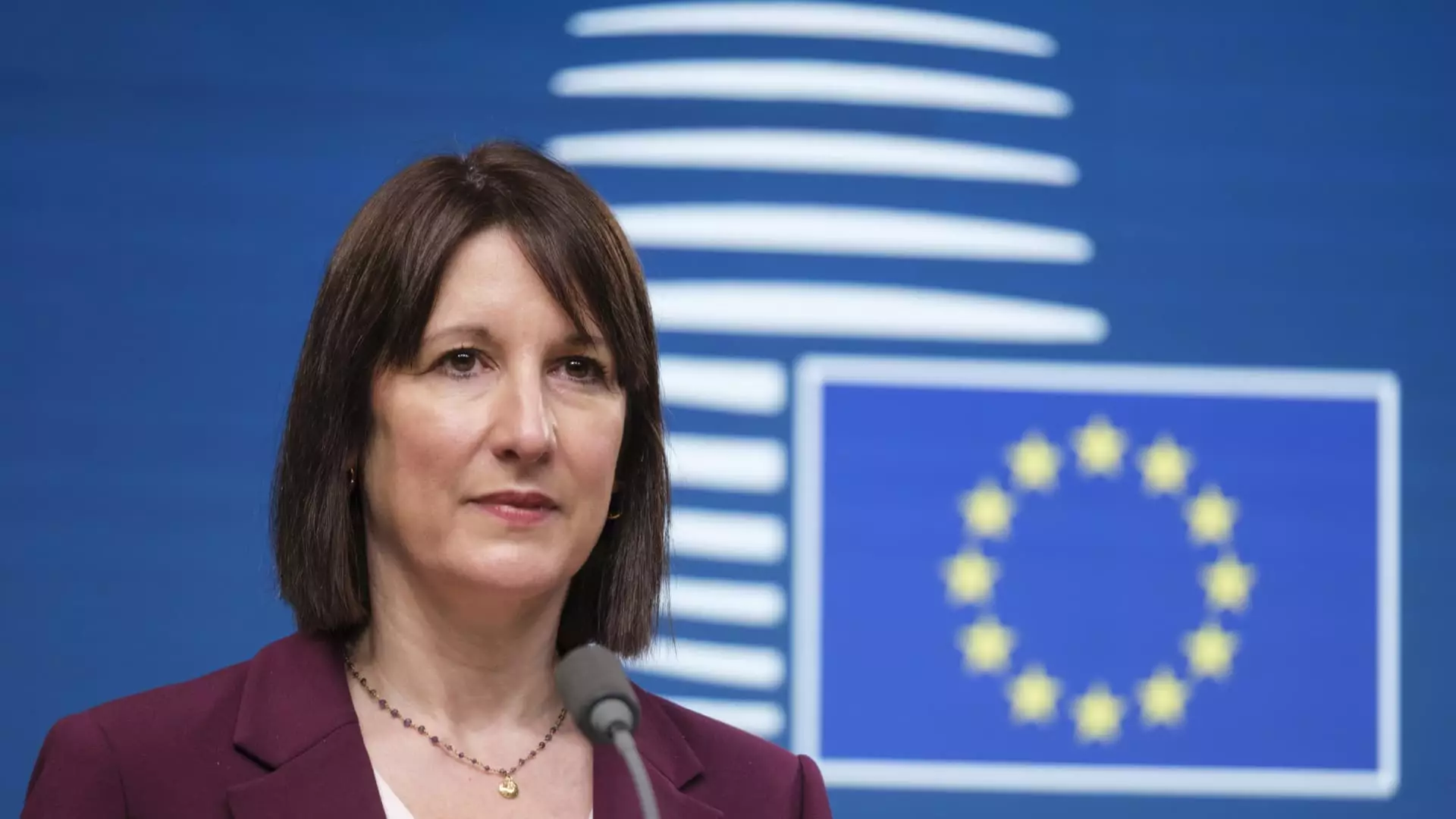As international geopolitics continually shifts, the U.K. and the European Union find themselves navigating uncharted waters together. In light of recent developments in U.S. leadership, particularly the election of President-elect Donald Trump, there is a growing impetus for stronger alliances between the U.K. and the EU. With the Brexit fallout still reverberating, recent meetings in Brussels signal a new chapter in their relationship, highlighting shared interests in defense, trade, and international stability.
U.K. Chancellor Rachel Reeves’ recent trip to Brussels marks a significant and historic moment— the first formal engagement between Britain and EU officials since the U.K. severed ties in 2020. Her discussions with Eurogroup President Paschal Donohoe reflect a broader understanding among European nations of the need to present a united front. Despite the complexities surrounding Brexit and ongoing tensions, official sentiment appears focused on rekindling shared values and interests in key areas such as Ukraine and broader trade policies.
The burgeoning dynamics of cooperation are underscored by a growing consensus among officials that, in today’s volatile global environment, collaboration is paramount. An unnamed EU official expressed optimism regarding this first meeting, emphasizing the importance of unity in the face of external pressures, particularly from Washington.
At the heart of the discussions led by Reeves and her EU counterparts is a tripartite focus on supporting Ukraine, advocating for free trade, and fostering robust economic partnerships. These areas have gained significance given the unpredictable nature of the incoming U.S. administration’s policies, which could potentially lead to an isolationist approach or a shift in international aid strategies.
This strategic alliance offers the U.K. and EU a framework to address mutual concerns, particularly in view of Trump’s previous threats to impose tariffs and potentially withdraw U.S. support for Ukraine. His intentions, per previous statements, signal a pivot that could disrupt existing international frameworks.
Former EU trade negotiator Ignacio García Bercero highlights the importance of these discussions in the context of the U.K. and EU negotiating as a cohesive unit when dealing with the U.S. This underscores the necessity for the two entities to align their approaches to avoid fragmentation in their dealings with external powers.
The recent discussions reflect a broader desire for reconciliation post-Brexit. The newly elected Labour government is making clear efforts to shift away from years of division and confrontation experienced under Conservative leadership. Chancellor Reeves explicitly stated her intention to rebuild trust—not to initiate negotiations for EU re-accession. It is a sign of maturity in diplomatic relations, acknowledging the complexities while simultaneously seeking paths forward.
With significant meetings planned, including engagements with European Council President Antonio Costa and participation in EU heads of state meetings, the U.K. is strategically positioning itself to demonstrate its commitment to fostering collaboration.
Despite the positive sentiment surrounding these initial steps, the path ahead is fraught with challenges. The historical complexities of Brexit continue to pose potential roadblocks, and existing agreements between the U.K. and EU require careful scrutiny and respect. With high stakes involved in trade and defense relationships, there exists an intrinsic need for patience and foresight in these negotiations.
Moreover, rising tensions due to Trump’s election and his administration’s posture toward trade and international alliances may further complicate matters. A careful balancing act will be necessary to ensure that U.K.-EU relations remain stable even amidst potential shifts in the political landscape in Washington.
In a world increasingly defined by unpredictability and interdependence, the renewed dialogue between the U.K. and EU hints at a paradigmatic shift toward cooperation and mutual support. As countries navigate the intricacies of modern geopolitics, these discussions become all the more vital. Through transparent dialogue, trust-building measures, and alliance redirection, the U.K. and EU appear poised to emerge stronger together, ready to confront both shared challenges and opportunities that lie ahead. The rekindling of this relationship signifies not just political maneuvering but a heartfelt endeavor to foster international stability in an uncertain world.


Leave a Reply